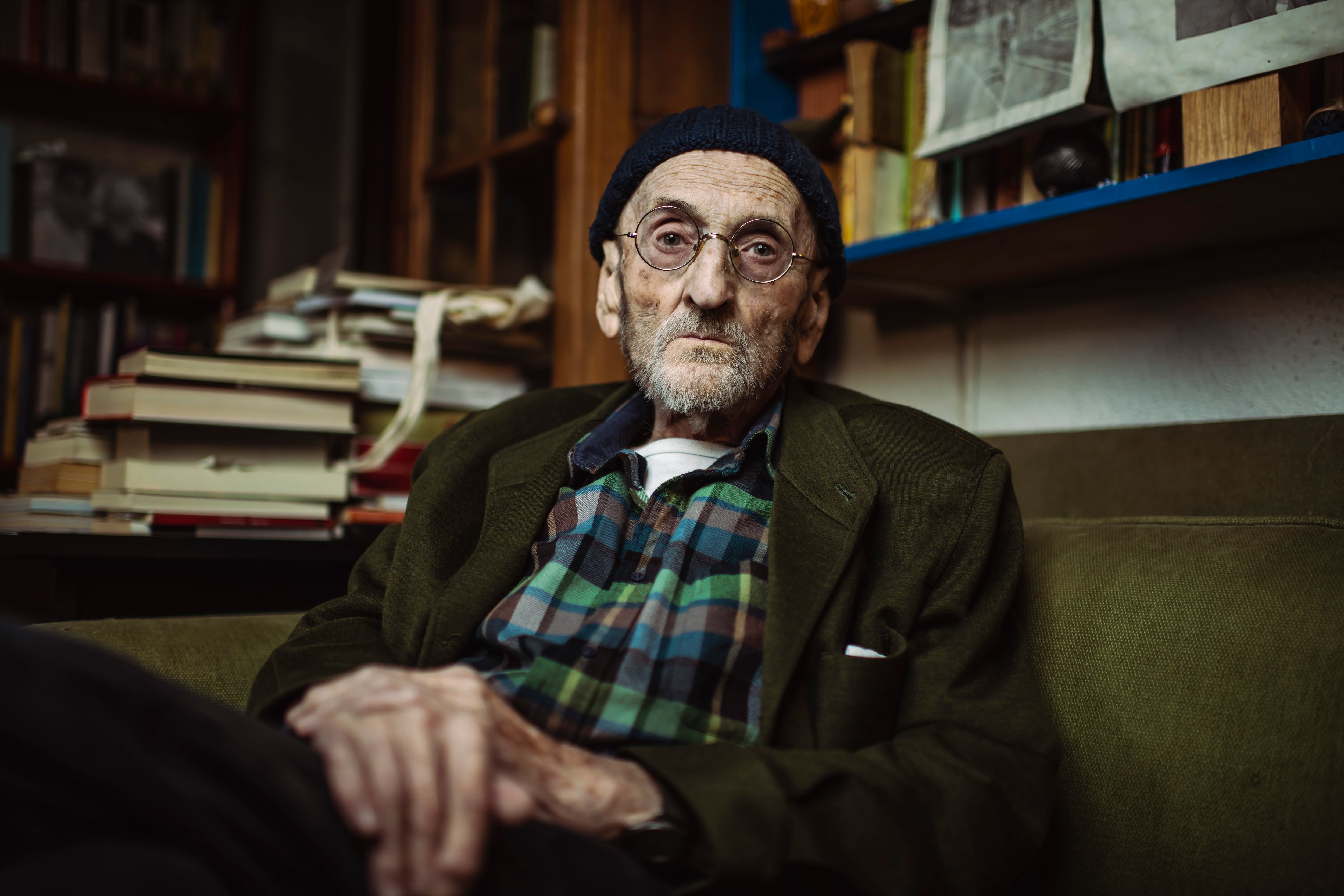With the Cervantes Prize to Álvaro Pombo at 85 years old, it happens a bit like with the Nobel Prize to Vargas Llosa at 74: but didn’t he already have it? For forty years Pombo has been fitted with a lot of happy masks that he has chosen without much calculation and with natural spontaneity: the irrepressible actor, the concentrated novelist, the involuntary humorist or the political activist mobilized with those liberals so liberal that they end up arriving. unfailingly on the right, although I would say that is not the case. I don’t know if the jury has noticed that, but it doesn’t matter because his work has been dancing alone for many decades to need any kind of crutch. He has been the novelist’s exploration of the intimate contradictions, hesitations and perplexities of a few literary sensational women (and a few men). His novels have had that slow brio of nervous meditation, the arabesque of free digression and a patina of pious humor that is very difficult to imitate, but is completely his. It has had triumphant stages of readers, or at least of high popularity (it won the Planeta in 2006), and others of some lesser media pallor, but it has never disappeared from the radar of literary readers.
It was already strange from the beginning because the push of Carmen Martín Gaite and the consanguineous cultural agitation of Jorge Herralde were what led him to present himself for the newborn Herralde novel prize of 1983, and for what it could be, indecisive, hesitant and insecure , ended up sending two manuscripts, and won with both at the same time, one finalist, The adopted sonand the other winner, The Mansard Mansard Herowith hardly any trace of the poet he was and even less trace of the Sunday-wearing essayist who wrote in magazines of the SEU, the Falangist university union, at the end of the 1950s. In Frankfurt they went crazy with the translation rights that year.
It splendor ratified an exit to the public square that had begun with a set of stories prodigiously titled as Stories about lack of substance in 1977. He would soon be a regular member of the troupe benetiana (that is, by Juan Benet, until a drunken bottle crash ended the party), then with intense links with Catalonia through Rosa Regàs, in whose publishing house La Gaya Ciencia also published some briefs. For Pombo, the novel began to pour out very early on, although it didn’t seem like it. His calm and slow texts contained multiple sparks of wit, humor, observation and psychological discoveries. They never seemed to be written in a hurry, but he is a bubbling, incontinent and jovial specimen, as expressed in some of his minor titles, but as happy as the television parody of Telepena by Celia Cecilia Villalobo.
His major novels, speculative, memorious, deeply provocative, magnetize through a reflective and plastic language that does not lose the narrative rhythm about interior spaces, such as those of the extraordinary The iridescent platinum meterlike Where the women, or one of the most extensive to resolve without solution the moral dilemma that Squaring the circlearound Bernard of Clairvaux and the moral legitimacy of launching… the medieval Crusades against the Moor. He has never ignored his Catholic faith as a vital driving force, but also of literary creation (and from there is born a very enjoyable and subversive Life of Saint Francis of Assisithe same favorite saint of Cervantes).
In some secret way, another exceptional novel, against natureavenged his family’s repressive prudery in 2005. He had been sent to London as a young man to avoid the scandal for his homosexuality, there he lived for some time in survival work and many years later he put together one of the bravest and most beautiful novels about the modalities of homosexuality, guilt, pleasure and concealment that the Spanish letters of democracy have given. In your case, one more.

